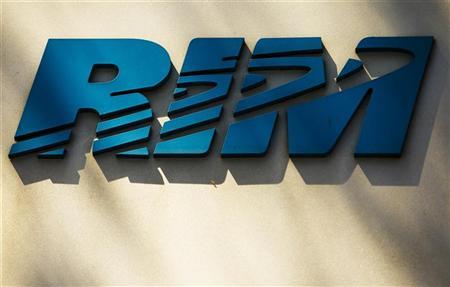
Canada's Research In Motion has chosen its home country to launch a PlayBook tablet with built-in support for cellular networks, a crucial feature missing from its poor-selling initial models.
Canada's Research In Motion has chosen its home country to launch a PlayBook tablet with built-in support for cellular networks, a crucial feature missing from its poor-selling initial models.
 |
The BlackBerry maker said on Thursday it would launch the new tablets in Canada next week and roll them out in coming months in the United States, Europe, South Africa, Latin America and the Caribbean.
The PlayBook tablet, introduced more than a year ago, is strategically important for RIM as it is the first product to use the QNX operating system that RIM is adapting for a new generation of BlackBerry phones designed to compete with sexier devices already on the market.
But the PlayBook was widely criticized at launch for lacking basic features such as email, and it has failed to wow consumers despite sharp discounts and a major software upgrade.
RIM has so far only sold Wi-Fi capable PlayBook devices and this has played a role in making the device less attractive to potential buyers, as users would need access to a Wi-Fi network or to tether the device to the BlackBerry to use the Internet.
The new device will run on the latest 4G LTE networks that offer high-speed data downloads capabilities. Long Term Evolution (LTE) technology is being widely deployed by carriers both in North America and overseas, as smartphone adoption has increased and boosted demand for wireless data downloads.
The 4G LTE BlackBerry PlayBook tablet will come with 32 gigabytes of memory and will be available from major Canadian carriers like BCE Inc's Bell, Rogers Communications Inc and Telus Corp in Canada on August 9.
Variants of the tablet supporting various cellular networks are expected to be available in the coming months from carriers in other countries, RIM said.
The company did not release pricing details on the new PlayBook.
HEAVY DISCOUNTS
Over the last year RIM has been forced to offer heavy discounts to boost flagging sales, as the PlayBook runs on the QNX operating system that will power RIM's next generation of smartphones, due early next year.
The Waterloo, Ontario-based company needs to have more applications available before the new phones, powered by QNX software called BlackBerry 10, hit the market. It hopes greater PlayBook adoption will encourage developers to create apps for the new devices.
RIM has struggled to compete against Apple Inc's iPhone and iPad, and a host of devices smartphone and tablet devices powered by Google's Android. The one-time technology giant's fate now rests almost completely on the success or failure of its new line of BlackBerry 10 smartphones.
Shares of RIM were down 2 percent at $6.97 on Thursday afternoon on the New York Stock Exchange.
(Source: Reuters)





